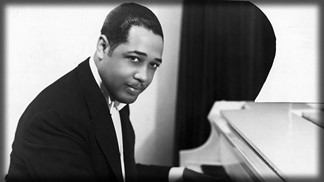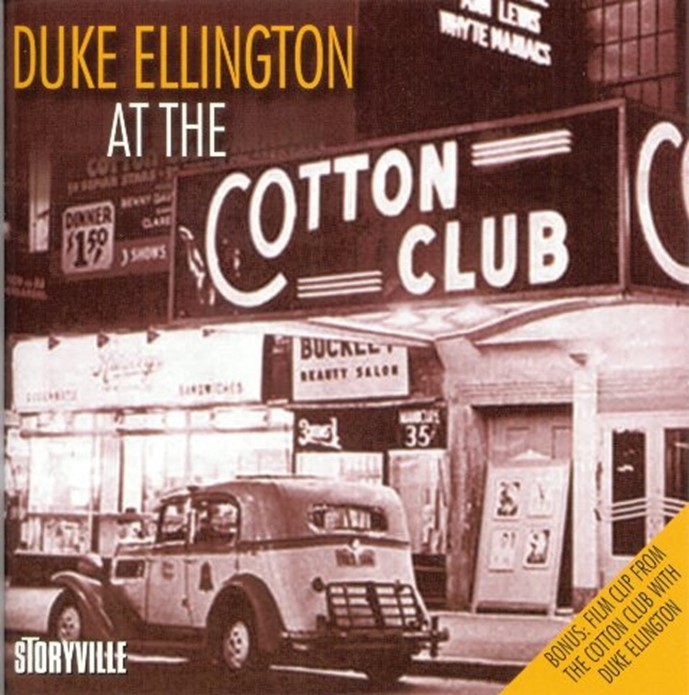
The "Ellington Effect"
Duke Ellington (1899-1974) was the greatest composer of the Big-Band Era and, many would say, the greatest composer in the history of jazz. Fittingly, among the considerable array of anointed jazz "royalty," perhaps none conducted himself with more aristocratic bearing than the "Duke" himself.
Edward Kennedy "Duke" Ellington was born in Washington, DC, and grew up there in modestly comfortable circumstances. His father was a butler for a successful medical doctor, and Ellington grew up in the doctor's home. His mother devoted herself to his upbringing, and from an early age, encouraged him to believe that he was destined for greatness.
Ellington's artistic inclination led him initially in the direction of visual arts, and for a time, he considered becoming a commercial artist. But his love of music, along with the informal education in ragtime piano he was receiving at a local pool hall, set him on a different course. He became more serious about music as a profession, taking lessons in harmony and studying the piano rolls of James P. Johnson. By the early 1920s, Ellington had established himself in the Washington area as a pianist and bandleader. In 1923, he made his way to New York with a number of his sidemen.
While success was far from immediate, Ellington persevered. From 1924 to 1927, engagements in downtown Manhattan at the Club Kentucky brought his band notice. Then, in 1927, Duke Ellington and His Orchestra began a four-year contract at the Cotton Club in Harlem, arguably the center of the jazz world during those years.
Ellington's genius was multi-faceted: musician, bandleader, arranger, and composer. His musical instrument was the piano. His piano skills were primarily the result of studying the piano rolls of stride-styleStride employed left hand techniques from ragtime, wider use of the piano's range, and quick tempos. Compositions were written but were also intended to be improvised. pianist James P. Johnson. Ellington's style was, however, more economical than stride and his harmonies more "lush."
A-Tisket A-Tasket
A-tisket a-tasket
A green-and-yellow basket
I bought a basket for my mommie
On the way I dropped it
I Must Have That Man
I'm like an oven
That's cryin' for heat
He treats me awful
Each time that we meet
It's just unlawful
How that boy can cheat
But I must have that man







